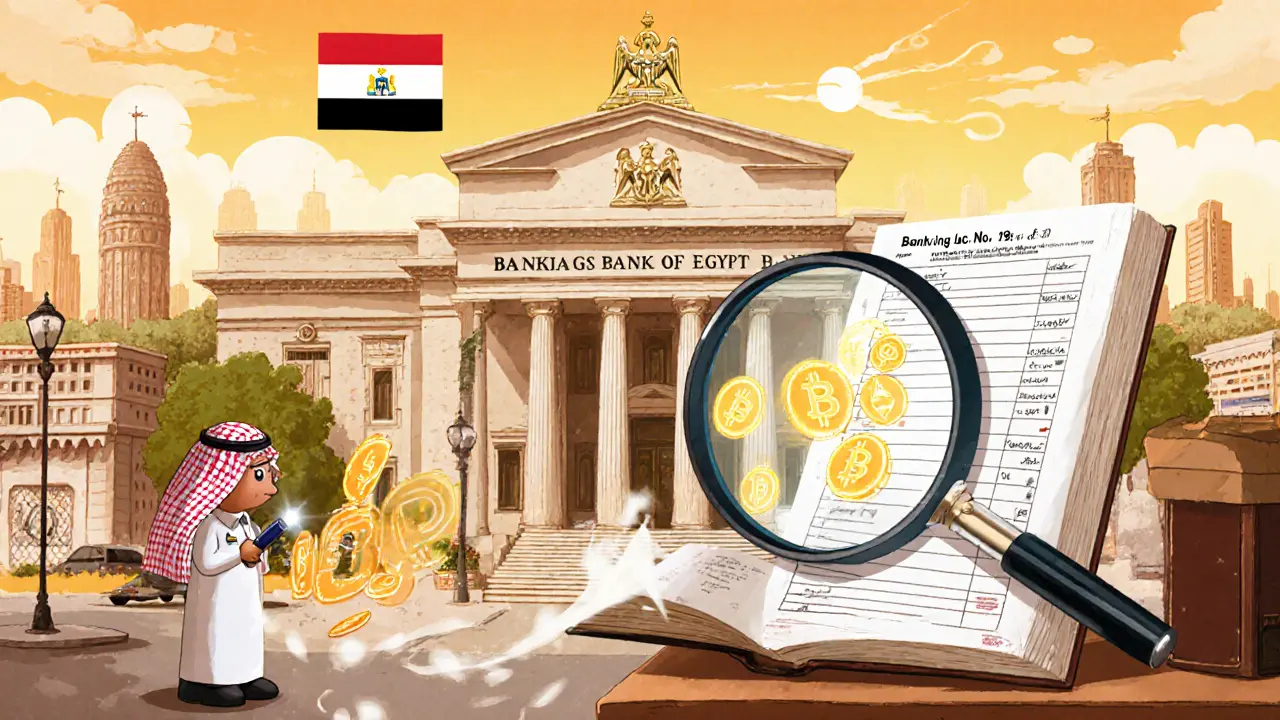Central Bank of Egypt – Roles, Policies, and Crypto Outlook
When you hear about Central Bank of Egypt, the sovereign monetary authority that steers Egypt’s financial system. Also known as CBE, it issues currency, supervises banks, and implements the country’s economic strategy. The CBE is the backbone of Egypt’s financial stability, and understanding its moves helps you see why money flows the way it does.
One of the most visible tasks of the CBE is managing the Egyptian pound, the nation’s official currency. The pound’s exchange rate, inflation impact, and daily liquidity are all set under the CBE’s watch. When the pound strengthens or weakens, households feel it in grocery prices and travelers notice it at the airport.
Beyond the currency, the CBE crafts monetary policy, the set of tools like interest rates and reserve requirements used to control inflation and support growth. By adjusting policy rates, the bank can cool an overheating economy or spark activity during a slowdown. This fine‑tuning directly affects loan costs for small businesses and mortgage rates for families.
In recent years, the CBE has also taken on crypto regulation, a framework that defines how digital assets are treated under Egyptian law. The bank’s stance balances consumer protection with the desire to attract fintech innovation. Regulations around exchanges, AML checks, and tax reporting now shape how Egyptians buy, sell, and hold cryptocurrencies.
Looking ahead, the CBE is exploring a digital currency, often called a Central Bank Digital Currency (CBDC) that could coexist with cash and the pound. A digital pound would speed up payments, cut transaction costs, and improve financial inclusion for unbanked citizens. Pilots and research projects are already testing how a CBDC could fit into the existing banking ecosystem.
All these pieces—currency management, monetary policy, crypto rules, and digital money—form an interconnected web that the Central Bank of Egypt constantly monitors. Together they shape everything from inflation trends to the ease of moving money across borders. Whether you’re a trader, an entrepreneur, or just curious about Egypt’s economy, grasping these dynamics gives you a clearer picture of the financial landscape.
What You’ll Find Below
The articles that follow dive into specific topics the CBE touches on, from airdrop safety tips that matter under new crypto rules to country‑by‑country mining tax comparisons that inform investors eyeing Egypt’s energy costs. You’ll also see practical guides on navigating VPN restrictions, understanding stablecoin risks, and evaluating exchange safety—each linked to the broader regulatory environment shaped by the Central Bank of Egypt. Ready to explore the details? Let’s get into it.
How Egyptian Banks Monitor Cryptocurrency Transactions - 2025 Guide
Explore how Egyptian banks monitor cryptocurrency transactions under Law No. 194, the role of the Central Bank, compliance tech, challenges, and future outlook.





